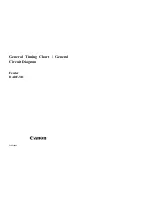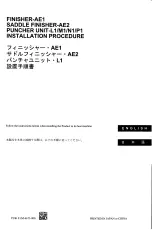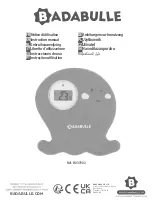
90
19 Electromagnetic Compatibility (EMC) Information
1568911, Edition 2019-04, Version 0
EN
19.1.3 Test specifications
Test specifications for the INTERFERENCE IMMUNITY of ENCLOSURES against high-
frequency wireless communication facilities
Test frequency
MHz
Frequency band
a
MHz
Radio service
a
Modulation
b
Maximum
power
W
Distance
m
IMMUNITY TEST
LEVEL
V/m
385
380 to 390
TETRA 400
Pulse modulation
b
18Hz
1.8
0.3
27
450
430 to 470
GMRS 460,
FRS 460
FM
c
± 5kHz stroke
1kHz sine
2
0.3
28
710
704 to 787
LTE Band 13, 17
Pulse modulation
b
217Hz
0.2
0.3
9
745
780
810
800 to 960
GSM 800/900,
TETRA 800,
iDEN 820,
CDMA 850,
LTE Band 5
Pulse modulation
b
18Hz
2
0.3
28
870
930
1720
1700 to 1998
GSM 1800;
CDMA 1900;
GSM 1900;
DECT;
LTE Band 1, 3,
4, 25; UMTS
Pulse modulation
b
217Hz
2
0.3
28
1845
1970
2450
2400 to 2570
Bluetooth,
WLAN 802.11 b/g/n,
RFID 2450,
LTE Band 7
Pulse modulation
b
217Hz
2
0.3
28
5240
5100 to 5800
WLAN 802.11 a/n
Pulse modulation
b
217Hz
0.2
0.3
9
5500
5785
NOTE
To reach the IMMUNITY TEST LEVELS, the distance between the transmitting antenna
and the ME DEVICE or ME SYSTEM can be reduced to 1m if required. The 1 m test distance is permitted in accordance with IEC 61000-
4-3.
a
For certain radio services only the frequencies for the radio connection from the mobile communication device to the base station (“up
-
link”) are indicated in the table.
b
The carrier must be modulated with a square wave signal with a 50% duty cycle.
c
As an alternative to frequency modulation (FM), pulse modulation with a 50% duty cycle at 18Hz can be used because pulse modulation
would also represent the worst case (but not the actual modulation).







































